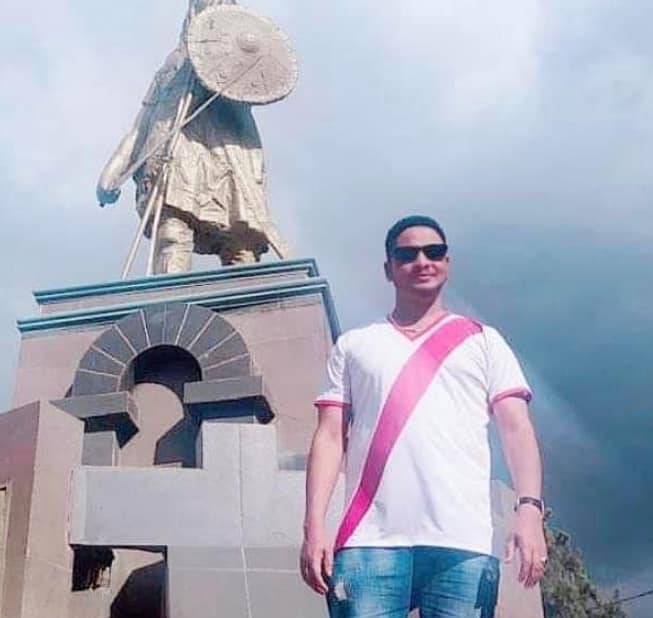Biography
Early Life
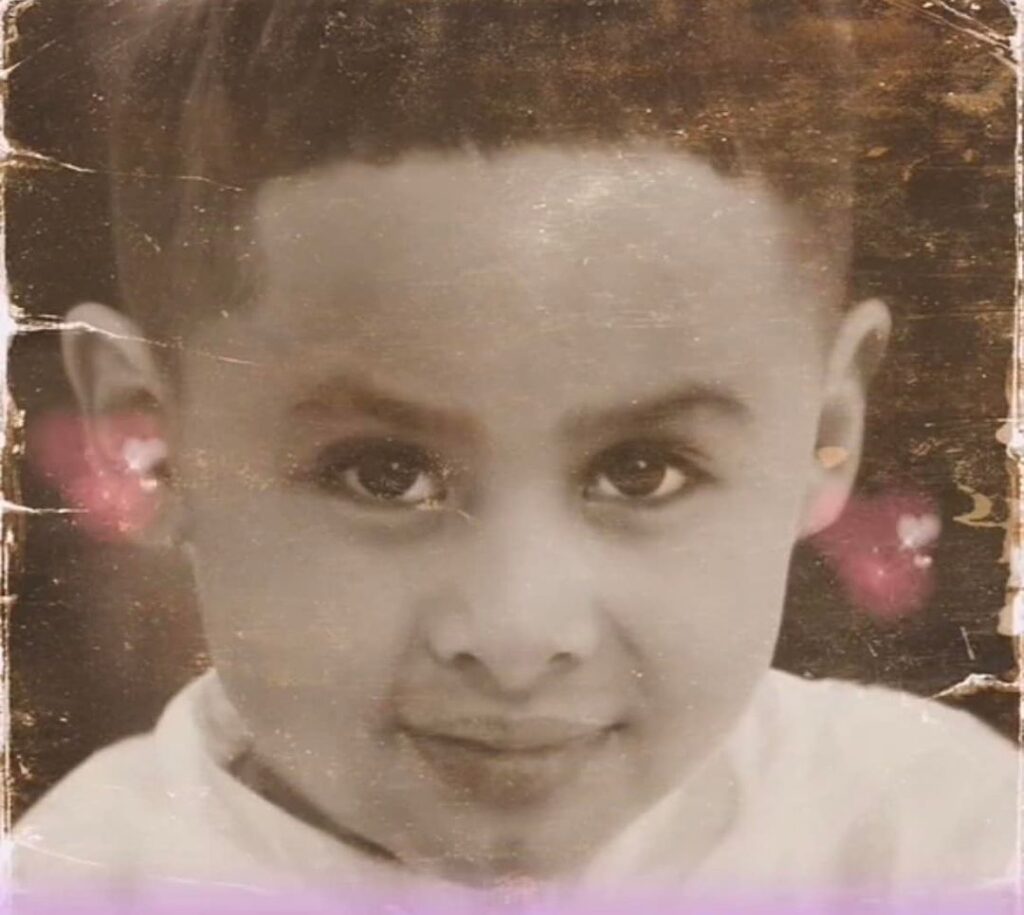
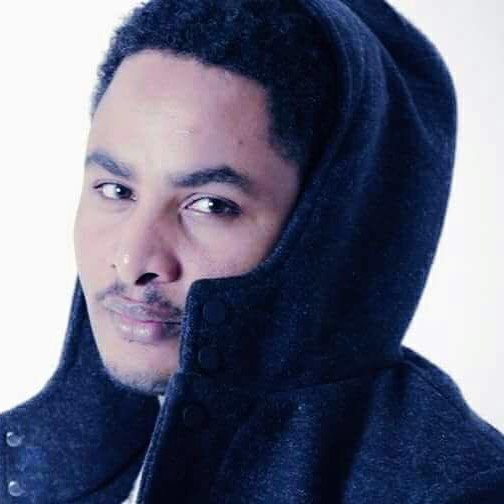
In the village where he grew up, his grandparents and uncles planted orange trees that had been handed down from generation to generation. He sold those oranges and got money. Thinking of a comfortable life, he made the trip to Addis Ababa in the evening and got off the bus in at a place called “autobus tera” in addis ababa. Although it was not close one, he had a relative’s phone, so he remembered the numbers and tried to call. However, because he could not remember the full number, his hope to find a relative was gone. As there was no one else who knew him and could approach him, he headed towards a place called “gojjam berenda”. He began a street life with the street children he met at the nearby Showa Dabo Fasil drug store. He spent four years in the same street life, making good friends with the street children, singing to them in Hindi and English music from all the movies he had seen in the cinema in Addis City and Guragi songs night and day. On a lucky day, a “weyeyet” taxi dropped an elderly woman at “piazza”.
He saw from afar that the woman was carrying a huge luggage. He ran to the woman with an intention to help them with the luggage. But the woman refused. She said it was very big for him to carry and that her place is very far. But he insisted. Melaku, who had barely left the place “autobus tera” went to “kolfe 18” with the woman. On the way, the woman asked him if he is in school. He said no. the woman told him that he has to learn and that if he doesn’t learn, his life will not change easily. On the way, she showed him the “selam ber primary school” in Kolfe. She told him many scholars and intellectuals came out of this school and gave him 4 birr and told him to start learning. He brought the things he was carrying to her house and said goodbye. At that moment, he promised her and him self that he was going to learn. Melaku, who was smart by nature, immediately bought 8 notebooks for 4 Birr. That day, he did not spend the night with his friends on the street as usual. Instead, he rested in the choir hall at the gate of St. Paul’s Church in kolfe, with a tarpaulin stretched for sun protection. The night was tough. It was winter. It was raining till morning. He protected his notebooks from the rain instead of protecting himself. When it finally was dawn, he went to “selam ber” school. When he arrived, the security refused to let him in cause he was a new face and did not dress well. The director of the school Mr. habtamu saw this happening. He got close to melaku and asked him his case. Melaku told him that he lives on the street and that he doesn’t have parents but that he wants to learn despite all that. The director admired his enthusiasm and his willingness to learn. But still hesitated to accept him since it was mid term and that he has no address. Finally he told him that he has to discuss it with the school management and gave him 30 birr and told him to come the next morning. At the time, 30 birr was a lot. With the money, melaku rented a small house. The next morning, he got him self clean, grabbed his notebooks and went to the school. That is how melakus school life started. Half day learning, half day working melaku created a life for himself. In six months, he got to the next level at school.In such a process, he became close to the natives of Gurage, Silete, Hadiya and other ethnic groups of the South who make a living by repairing shoes around “min alesh tera”. Seeing his eagerness to learn and change, they welcomed him with open arms. He helps them as a messenger, he sings for them and He became popular in the area in a short time. Gradually, he began to approach the good life he had never had before when he was in endaber by washing shoes, repairing them, and selling used shoes at night.
Music career
Melaku was actively involved in minimedia during his early school years due to his love for art. Especially during his middle school years, Kolfe’s “fetno derash” police orchestra music practice was located not far from the school, so his enthusiasm to become a musician grew even more. In his spare time, he worked in Kolfe Kebele 09 Music Band, Kolfe Subdistrict Music Band, Hope Music Band and Mary Joy Music Band. After completing the 8th grade, his desire to become a musician grew even more, and in order to join the police orchestra, without completing his formal education, he joined the Warso Police Military Training Institute to attend the most tiring and challenging police training. He returned after completing his training in 1998. In 1998, as soon as he returned from training, he was selected as a trainer and received an order from his boss, Sergeant Mengestu, to go to Blate training center because he showed good performance in the military. It was around this time that Melaku released a single in late 1998 titled “Twist in Guragi”. As soon as this music was released, he gave it to a radio station and went to training center. When he returned after a year of training, his music called “Twist Be Gurage” was already very popular and influential throughout the country. Feeling happy about this, melaku released the music video for it.
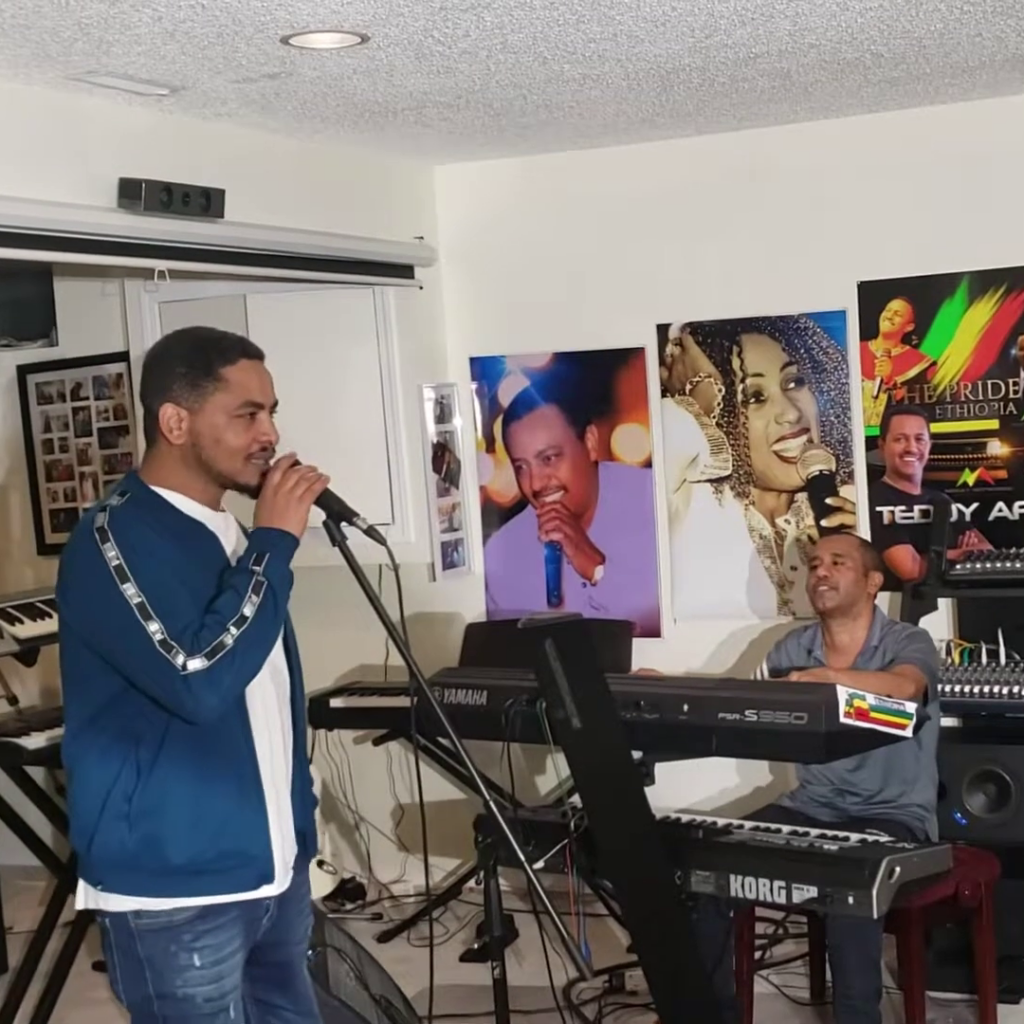
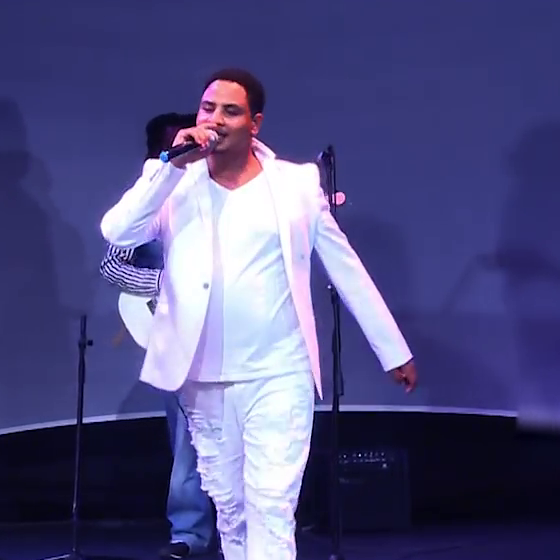
This became a success upon success and he joined the Federal Police Orchestra and Music Department permanently. At the end of 1999, the full album “Twist be Gurage” was released. This album was made by combining modern languages with Gurge music hence became very popular. The album was very popular and influential because it also included Tigrinya in Guragi, Gondar, Amharic, Oromigna, Southern Hipop, Sudanese and African music. Undeterred by his dreams of fame, success and recognition, he continued his studies alongside his work, which he had interrupted due to military training. Completed 9th grade at Comprehensive and 10th grade at New Era School and he passed 10th grade exit exam with a 3.8 point. Then He joined “ayer tena” Preparatory School and completed his 11th and 12th grade education. The most surprising thing is that he was working with the music composer Zeruhun Sahlemaryam on a song called “Twist Be Gurage”, which was released while he was in the military and as a student. They did not take it seriously at first. But this music changed the life of the melaku being the strength for success and change. The music that started by giving it to a radio station was distributed in every cd store. His work titled “Twist in Gurage” gained him wide influence and popularity.
After this, In 2001 Dane (power is in the hands of the people) video full VCD album was released without audio. He released his second full-length audio and video album titled “Mehan Teman Yars” in 2003 proceeding with “amaduwe” full album in 2007. All three albums and the video-only album became very popular and influential. He has released more than 73 singles. He also gave more than 10 songs and lyrics to famous singers. Melaku Bireda was heavily influenced by the famous singers Kebede Ajamo, Wabi Abduraman, Elias Obel, Tewodros Tadese, Abebe Tekana and Madingo.He used to sing the work of these singers in Guragi language. This influence allowed him to play Amharic music in addition to Guragen music during his stay at the nightclub.
political life
In 1999 melaku started advocacy for people’s rights by including a song called “genenda hizbachen” in his album “twist begurage”. Ethiopia’s millennium (2000 E.C) was a time when the country saw many radical changes. Among the activities that took place during this period, various development associations were established in different areas under different names and by collecting money from the local people and various partner organizations, the construction of roads, schools, health posts etc. was carried out. Gurage Development Association was one of the associations doing this kind of work. Therefore, in 2000, through this association, more than 300 million birr was collected, but the money collected was not used for public benefit. Melaku made a song called “birru yetale / where is the money” that resonated with the gurage community issue. Then, during the 1997 election, because the natives of the gurage region did not vote for the government in power, the system burned and looted the shops of the natives of Gurage who were engaged in business and removed them from the market and the economy. For these reasons, melaku protested and got into a conflict with the system that existed at the time.
